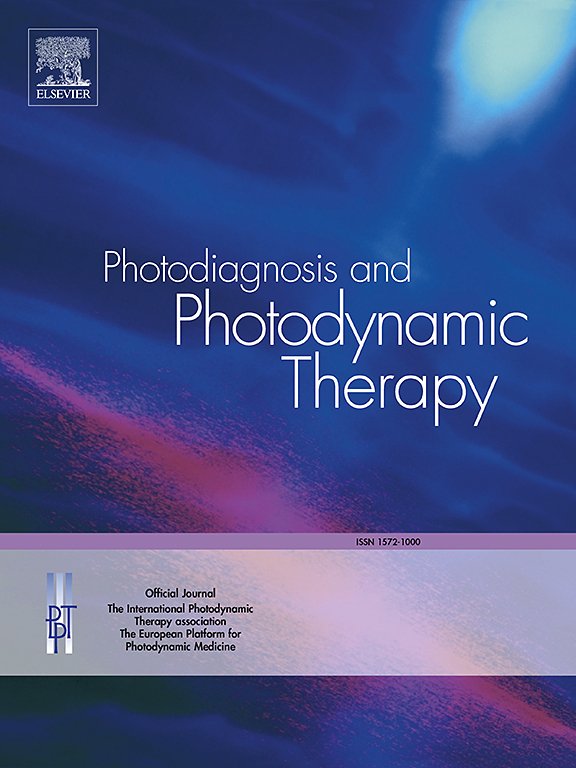Contribute to an article for a special issue of Photodiagnosis and Photodynamic Therapy with the title - Photosensitizing dyes: state of the art
We are reaching out to IPA members to see if you would be interested in contributing an article to a special issue of "Photodiagnosis and Photodynamic Therapy with the title: Photosensitizing dyes: state of the art
The Journal "Photodiagnosis and Photodynamic Therapy (PDPDT)" announces an invitation to submit to a special issue titled "Photosensitizing Dyes: State of the Art". Under the auspices of Editor Hubert van den Bergh and Editor in Chief Ron Allison, the goal of this special issue is to cover a wide range of topics pertaining to the state-of-the-art Photosensitizing dyes in PDT. This would encompass preclinical and clinical, therapeutic and theranostic applications.
Full papers, short comments, and review articles, should be submitted to pdpdt@elsevier.com for review.
Accepted papers will have all publication fees waived.
The accepted manuscripts will be immediately open access to all upon publication. The articles must be submitted for peer review by the 30th of September 2024 for special issue publication in early 2025. For further information and a submission guideline for publication, please contact: pdpdt@elsevier.com
Guest editor:
Hubert Van den Bergh, PhD
EPFL Institute of Chemical Sciences and Engineering, Lausanne, Switzerland
Manuscript submission information:
Editorial Submission Site: https://www.editorialmanager.com/PDPDT
Submission deadline: September 30th, 2024
Both the Guide for Authors and the submission portal can be found on the Journal Homepage: Photodiagnosis and Photodynamic Therapy | Journal | ScienceDirect.com by Elsevier
Keywords:
Photosensitizer, Dyes, Photodynamic Therapy, Nanotechnology
Why publish in this Special Issue?
Special Issue articles are published together on ScienceDirect, making it incredibly easy for other researchers to discover your work.
Special content articles are downloaded on ScienceDirect twice as often within the first 24 months than articles published in regular issues.
Special content articles attract 20% more citations in the first 24 months than articles published in regular issues.
All articles in this special issue will be reviewed by no fewer than two independent experts to ensure the quality, originality and novelty of the work published


